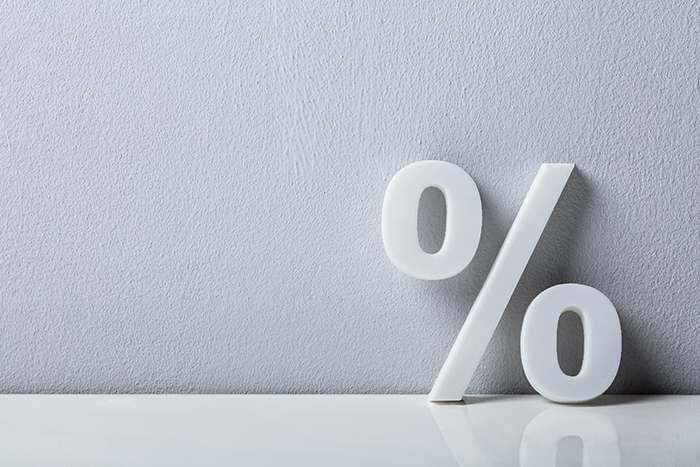
Inflation in the UK was 11.1% in October, the latest data from the Office for National Statistics (ONS) reveals.
Despite the introduction of the government’s Energy Price Guarantee, gas and electricity prices made the largest upward contribution to the monthly rates in October.
Rising food prices also made a large upward contribution to change with transport making the largest, partially offsetting, downward contribution to the change in the rates.
The latest figure is up from the 10.1% reported in September. In October last year, inflation was just 4.2%.
Earlier this month, the Bank of England hiked the base rate by 75 basis points to 3% from 2.25%.
The increase marked the biggest since 1989 and the eighth time the bank has hiked rates.
Commenting on this, LiveMore managing director of capital markets and finance Simon Webb says: “What appears to be a foregone conclusion, judging by the recent 0.2% downturn in GDP, is that the UK is moving into recession along with other global economies.”
“This should have the effect of bringing inflation down, however, there are still global shortages of food, with Russia’s invasion of Ukraine being a large contributory factor.”
“What is notable about the CPI inflation figure is that it has been calculated using subsidised energy prices, so the 11.1% rate is lower than if there was no energy price cap in place.”
“This cap is due to be removed, or reviewed, in April 2023 but if it is taken away, inflation may well will pick up again. It could be a roller coaster ride for inflation in the next year.”
Chancellor Jeremy Hunt will deliver his delayed autumn statement alongside the Office for Budget Responsibility’s (OBR) forecast.
The statement was pushed back to allow prime minister Rishi Sunak more time to scrutinise the figures and formulate the government’s plans for the UK’s finances.
Canada Life technical director Andrew Tully comments: “The cost-of-living crunch shows no sign of slowing as we head into a very tricky winter. Tomorrow’s Autumn Statement is unlikely to provide any immediate relief for households already struggling to make ends meet.”
Interactive Investor senior finance analyst Myron Jobson explains: “The rate of inflation is lower than predictions earlier in the year, and this will offer some relief to Britons and the economy, although jumps in the prices of everyday essentials means that we’re not out of the woods yet.”
“Tomorrow’s autumn statement could hold even more gloomy news for Britons, with the Chancellor confirming over the weekend that everyone will have to may more tax and there will be cuts to public spending in a bid to get a handle on the UK’s growing debt load.”
“The Bank of England doesn’t anticipate a sharp fall in inflation until the middle of next year, which means the cost-of-living stranglehold on household budgets looks set to remain for some time.”
Loan.co.uk chief executive Paul McGerrigan adds: “Despite wages rising at their fastest rate for more than 20 years, they are still unable to keep pace with rapidly escalating costs, which means household budgets continue to feel the pressure. The recent record jump in Bank Rate has compounded this further.”
“Everyone waits in eager anticipation for the Chancellor’s plan and initial decisions. He needs to build confidence in the markets by balancing the books without plunging the UK into a deep and lasting recession. A challenge indeed but one he seems to want to take head on.”



